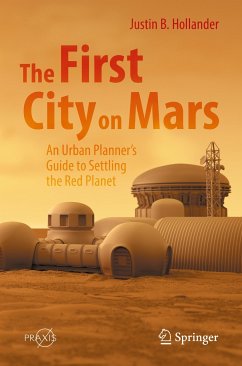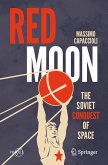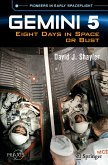Enter award-winning author and Tufts University professor, Justin Hollander. In this book, he draws on his experience as an urban planner and researcher of human settlements to provide a thoughtful exploration of what a city on Mars might actually look like. Exploring the residential, commercial, industrial, and infrastructure elements of such an outpost, the book is able to paint a vivid picture of how a Martian community would function - the layout of its public spaces, the arrangement of its buildings, its transportation network, and many more crucial aspects of daily life on another planet. Dr. Hollander then brings all these lessons to life through his own rendered plan for "Aleph," one of many possible designs for the first city on Mars.
Featuring a plethora of detailed, cutting-edge illustrations and blueprints for Martian settlements, this book at once inspires and grounds the adventurous spirit. It is a novel addition to the current planning underway to colonize the Red Planet, providing a rich review of how we have historically overcome challenging environments and what the broader lessons of urban planning can offer to the extraordinary challenge of building a permanent settlement on Mars.
Dieser Download kann aus rechtlichen Gründen nur mit Rechnungsadresse in A, B, BG, CY, CZ, D, DK, EW, E, FIN, F, GR, HR, H, IRL, I, LT, L, LR, M, NL, PL, P, R, S, SLO, SK ausgeliefert werden.
"Throughout the book, Hollander applies his knowledge in an accessible way, illustrating points with figures from historical sources, as well as images of possible settlements pulled (with permission) from the latest studies on the subject. Overall, the book provides a highly researched and perfectly timed foundation into how humans can anticipate the needs of the future, and plan off-world colonies that are humane, sustainable, and beautiful places to live." (nature astronomy, Vol. 7, May, 2023)
"The book is rich and detailed, yet easy-to-read - and certain to engage any space enthusiast" (Ian Randall, physicsworld.com, March 15, 2023)









